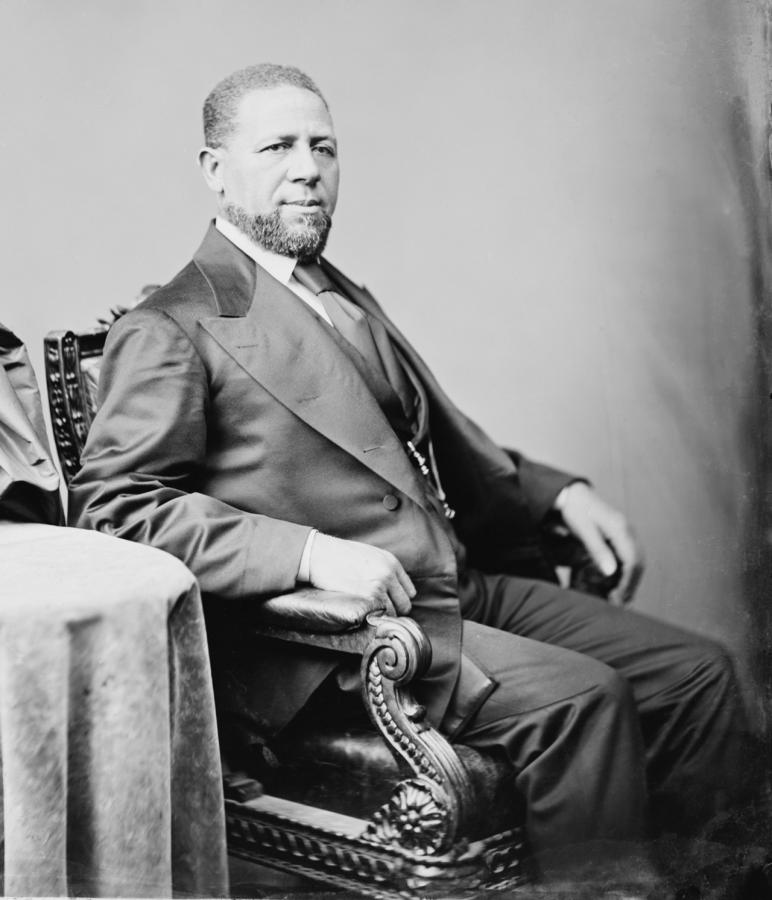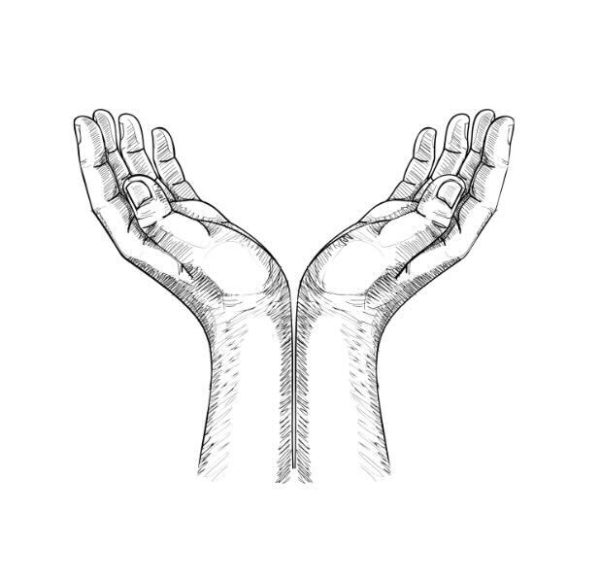African American representation in politics
Examining the milestones of African American involvement in government
Portrait of Hiram Rhodes Revels, the first African-American in Congress.
February 2022 will mark the 47th federally recognized Black History Month. Throughout American history, African Americans have broken barriers and participated in American politics despite persistent efforts to undermine and suppress their political involvement.
Before the end of the Civil War, most African Americans — especially in the South — had virtually no political power, citizenship or the right to vote. However, this changed during the reconstruction era. The passing of the 13th, 14th and 15th Amendments abolished slavery, gave citizenship to all people born in the United States and granted African American men the right to vote.
In 1870, Hiram Revels of Mississippi became the first-ever Black congressman to join the U.S. Senate after being elected by a vote of 81 to 15 in the Mississippi legislature.
Following in the footsteps of Revels, Joseph H. Rainey of South Carolina became the first African American in the House of Representatives. From 1870 to 1901, there were 22 African American members of Congress, all Republican from Southern states.
However, in the late 19th Century, Democrats regained control of Southern states and implemented policies, including poll taxes, literacy tests and grandfather clauses, aimed at disenfranchising African Americans. After George Henry White of North Carolina left Congress in 1901, African Americans had no representation in the federal government until 1928.
Only three African Americans participated in Congress from 1928 to 1943, and all three represented the same district –– the 1st Congressional District of Illinois (located in Chicago). As more African Americans moved out of the South and into Northern urban centers like Chicago, the number of African Americans in Congress increased. In the 1960s, 10 African American Representatives were elected, all from districts in big cities. In previous decades, most African American politicians were members of the Republican party, however, all of these representatives were part of the Democratic Party, which became the most popular party for African Americans after New Deal programs under FDR’s presidency in the 1930s.
Of the 10 representatives, the most notable is Shirley Chisholm, who in 1968 became the first African American woman elected to the United States Congress, nearly a century after the first African American man.
More political milestones were reached during the final decades of the 20th Century. Jesse Jackson was the first major African American presidential candidate in the 1984 and 1988 presidential elections, L. Douglas Wilder of Virginia became the first-ever African American Governor in 1990 and Carol Moseley Braun of Illinois was the country’s first African American woman in the senate.
In 2008, Barack Obama made history after winning the presidential election against Senator John McCain of Arizona. African Americans had achieved representation in the White House, 389 years after the first enslaved Africans arrived in colonial Virginia, 143 years after the passing of the 13th Amendment and 40 years after the end of the Civil Rights era.
Currently, there are a record 57 African Americans in Congress. African American politicians, from Revels to Obama, broke barriers and contributed to the increased representation of African Americans in politics. As we celebrate Black History Month, it is essential to recognize these African American politicians to ensure their legacy is remembered for years to come.








